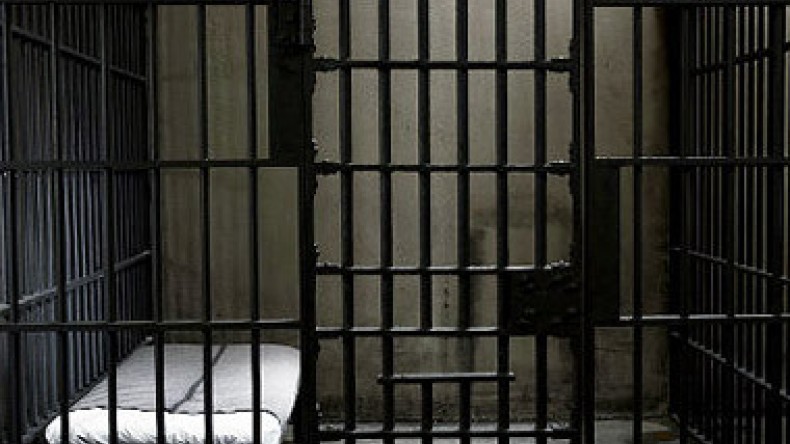
MRI: 7 Journalists were arrested in first half of 2013 in Azerbaijan
Law on a Right to Obtain Information was adopted in 2005 in Azerbaijan, nevertheless, the actual implementation has been problematic for the last 8 years, the report of the Media Rights Institute of Azerbaijan “Legal Environment for Media in Azerbaijan Semiannual Report (January-June 2013)”reads.
The document notes that the law still could not foster the release of reports by the government or help media to thoroughly shed light on subjects of public importance, it’s hard for the journalists to get information for covering important issues. This is the situation in Azerbaijan. At local government, the courts, the police and other institutions the situation is even worse: they often do not even have press services.
According to MRI the conclusions are made based on 50 information inquiries currently pending during the reporting period: 50 inquiries sent to information owners have been monitored. Only 19 of them have been responded to. Only 1 inquiry was addressed in accordance to the legislation. The rest inquiries were left unanswered and information owners either groundlessly claimed they did not possess the requested information or avoided addressing the issue.
The report says that journalists whose rights to obtain information are violated have a right to apply to both the Commissioner on Human Rights (Ombudsman Office) or courts in order to restore their rights. Journalists mainly apply to courts as the Ombudsman Office does not effectively conduct its respective function. “More than 10 claims have been referred to courts during the first half of 2013.”
It is also noted that, accreditation system established in the government bodies usually results in discrimination of the opposition and free media representatives. Events with the participation of highest rank government officials, particularly the President, is always closed to representatives of critical media. Foreign journalists also face serious obstacles with regard to attending public events in Azerbaijan.
According to MRI during the first half of 2013, 36 cases were initiated against media on accusations of slander, insult and distribution of private information. In total, plaintiffs claimed for more than AZN 4,240,000 from media and journalists as moral compensation. More than AZN 125,000 compensation was imposed on the media and journalists as a result of these cases. 17 claims of defamation have been submitted to the court during the relevant period of 2012. The total amount of compensation claims from the media during 6 months was equal to AZN 2,600,000. The courts ordered the media to pay the compensation as minimum as AZN 91,000.
“Newspapers “Azadlig” and “Yeni Musavat” known for their strong criticism were the main targets of defamation claims. Plaintiffs initiated 18 claims against the respective newspapers,” the document reads. In the same time, the organization emphasizes that all plaintiffs are public figures: MPs, owners of large monopolistic businesses related to the government and others.
Organization in its report also mentioned the adoption of the law criminalizing defamation on the Internet, noting that it is contrary to the obligations of Azerbaijan.
According to the report, as for the first half of 2013, 7 journalists known for their severe criticism of the government were arrested under charges of possession of drugs, hooliganism, religious, racial discrimination, violation of public order, resistance to police, etc. For reporting period, 7 journalists are held in detention. In August 2013, Editor in Chief of newspaper Note Bone Serdar Alibeyli was detained with charges under Article 221.3 of the Criminal Code (the hooliganism committed with application of a weapon or subjects, used as the weapon). As a result, 8 journalists remain behind bars to date in Azerbaijan.
“Attacks on journalists performing their professional duties during public gatherings and protests witness a strong tendency over the past 6 months of 2013. Particularly, there were several attacks on employees of media outlets, which disseminate unbiased and critical news,” the report says. Police used violence against journalists in press uniform. According to the report, in the first half of 2013,
journalists have been attacked at least 47 times. Journalists' professional activity was interfered in the form of beating, illegal detention, seizure of professional tools erasing all recorded materials, death-threats via telephone, publication of fabricated information disclosing private life.
Newsfeed
Videos






























